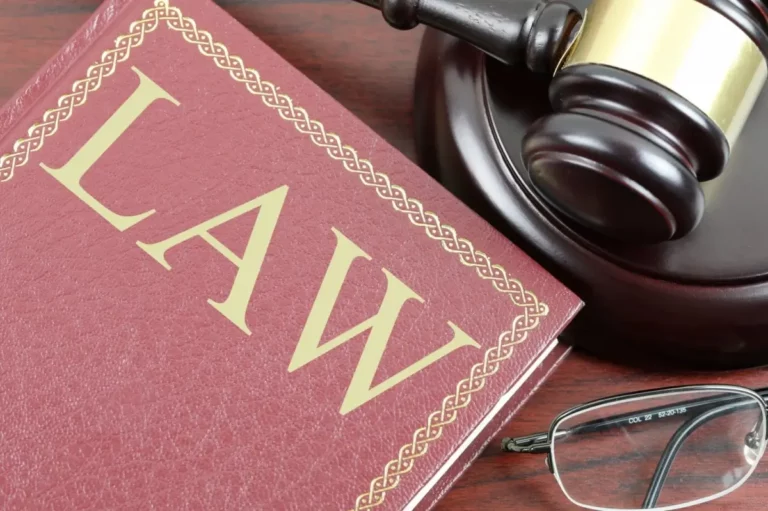The Role of a Religious Discrimination Attorney in Protecting Your Rights and Freedom of Religion
Religious discrimination is a serious issue that affects many people in different settings, such as work, education, health care, and public services. Religious discrimination occurs when someone is treated unfairly or differently because of their religion, belief, or lack of religion. It can also involve harassment, intimidation, coercion, or violence based on religion. Religious discrimination can violate human rights, dignity, and freedom of religion.If you have experienced or witnessed religious discrimination, you may need the help of a religious discrimination attorney. A religious discrimination attorney is a legal professional who specializes in handling cases involving religious discrimination. They can advise you on your rights, options, and remedies under the law.
Role of a religious discrimination attorney
The role of a religious discrimination attorney is to help clients who have faced discrimination based on their religion, belief, or lack of religion. A religious discrimination attorney can perform various tasks, such as:
- Evaluating the client’s situation and determining if they have a valid claim of religious discrimination
- Advising the client on their rights, options, and remedies under the law
- Gathering evidence and documentation to support the client’s case
- Negotiating with the other party or their representatives to resolve the dispute
- Mediating or arbitrating the conflict if possible
- Filing a complaint or a lawsuit with the appropriate agency or court if necessary
- Representing the client in hearings, trials, or appeals
- Seeking justice, compensation, and protection for the client from further discrimination
A religious discrimination attorney can handle cases involving different settings, such as work, education, health care, and public services. They can also deal with various forms of discrimination, such as harassment, intimidation, coercion, or violence based on religion. A religious discrimination attorney can help clients who belong to any religion, belief, or lack of religion, as long as they have faced discrimination because of it.
How to find a religious discrimination attorney?
Finding a religious discrimination attorney can be a challenging task, especially if you are not familiar with the laws and procedures involved. However, there are some steps you can take to make the process easier and more effective. Here are some tips on how to find a religious discrimination attorney:
- Do some research on the laws and regulations that protect your rights as a victim of religious discrimination. You can find some useful information on the websites of the Equal Employment Opportunity Commission (EEOC) and the [U.S. Department of Justice Civil Rights Division]. These are the federal agencies that enforce the anti-discrimination laws and handle complaints of religious discrimination.
- Look for an attorney who specializes in religious discrimination cases and has experience in handling similar cases. You can use online directories, such as LawInfo or LegalMatch, to find qualified attorneys near you. You can also ask for referrals from friends, family, or colleagues who have faced religious discrimination or know someone who has.
- Contact the attorneys you are interested in and schedule a consultation. A consultation is an opportunity for you to discuss your case with the attorney and ask any questions you may have. You can also evaluate the attorney’s credentials, reputation, communication skills, and fees. You should prepare a list of questions to ask the attorney, such as:
- How long have you been practicing law and how many religious discrimination cases have you handled?
- What are the possible outcomes of my case and what are the chances of success?
- How will you communicate with me and keep me updated on the progress of my case?
- How do you charge for your services and what are the estimated costs and expenses?
- Do you have any references or testimonials from previous clients?
- Compare the attorneys you have consulted with and choose the one that best suits your needs and preferences. You should consider factors such as the attorney’s experience, expertise, reputation, fees, and rapport with you. You should also trust your instincts and choose an attorney who makes you feel comfortable and confident.
- Sign a retainer agreement with the attorney you have chosen and start working on your case. A retainer agreement is a contract that outlines the terms and conditions of the attorney-client relationship, such as the scope of work, the fees and expenses, the responsibilities of each party, and the termination clauses. You should read the agreement carefully and make sure you understand everything before signing it. You should also keep a copy of the agreement for your records.
Conclusion
Religious discrimination is a serious violation of human rights, dignity, and freedom of religion. It can affect anyone who belongs to any religion, belief, or lack of religion. It can occur in various settings, such as work, education, health care, and public services.If you have faced or witnessed religious discrimination, you may need the help of a religious discrimination attorney.
A religious discrimination attorney can play a vital role in protecting your rights and freedom of religion. They can help you fight back against discrimination and seek justice. If you need more information or assistance, you can contact the federal agencies that enforce the anti-discrimination laws, such as the EEOC or the DOJ. You can also visit their websites for more resources and guidance. Remember, you are not alone, and you deserve respect and equality.
For more tips, be sure to check out the rest of our Website. You’ll find tons of great information that can help you out!







